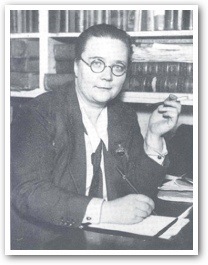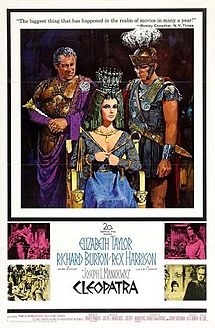Haruki Murakami’s short story, “The Ice Man”
I live in central Indiana. We endured a “blizzard” (well, a blizzard warning at least) that dumped from 6-12 inches of snow around these parts the day after Christmas. Then, Friday evening – three days after Christmas – some spots got another six inches of snow. With the temperature in the teens this morning, there is still a lot of H2O in its solid forms around here.
I worked the day after Christmas but luckily was able to drive to work before the worst of the storm hit. Since I work on the opposite side of town from where I live, I often drive up early to beat the traffic and then enjoy a cup of coffee and maybe some reading before I report for duty at the office. This is the plan I followed last Wednesday, reaching my favorite coffee shop with about an hour of leisure time to spend before getting chained to my oar.
But what to read? With nerves a little frazzled from driving twenty miles in inclement weather, I thought it might be fun to just re-read something instead of starting something new. Sometimes I’ll scan a former read for the comments or highlights I added (naturally, these morning reading sessions are done on my nook app on my iPad), but Wednesday I was looking for a short story. Scrolling through the dozens and dozens of books on my iPad, I saw Haruki Murakami’s collection “Blind Willow, Sleeping Woman” which I had enjoyed so much. As the blowing snow streamed past the window by my table, I scanned the table of contents and saw the title “The Ice Man.” How appropriate. Clearly THAT was the story that should be read on a morning such as that one…
Oddly, this story also showed up in an anthology (The Weird: A Compendium of Strange and Dark Stories) I purchased last year. [Thanks to Nina at Multo(Ghost) for making me aware of this one, too.] In the intro to the story in that book Murakami is quoted as saying “I write weird stories. I don’t know why I like weirdness so much. Myself, I’m a very realistic person.” I guess any story that begins “My husband’s an Ice Man,” holds every promise of being a bit weird.
(Above art by Leah Thomas from Weird Fiction Review)
***Spoilers Follow***
The narrator of the story is a young woman who first meets “The Ice Man” while on a skiing trip with friends. Noticing him sitting alone in the hotel’s lobby, she is told by one of her friends, “That’s an Ice Man. They must call him that because he’s made out of ice.” He’s not really made out of ice, but he is clearly of a different race or maybe species. “The Ice Man looked young, though that was offset by the white strands, like patches of leftover snow, mixed among his stiff, wiry head of hair. He was tall, his cheeks were sharply chiseled, like frozen crags, his fingers covered with frost that looked like it would never, ever melt. Other than this, he looked completely normal.”
Naturally, the narrator gets to know the Ice Man and begins to fall for him. She is surprised that he seems to know everything about her, but when she asks if he knows her future too, he replies cryptically, “I’m not interested in the future. I have no concept of the future. Ice contains no future, just the past, sealed away.”
In spite of the objections of her parents (“listen… he’s an ice man. What happens if he melts?”), the narrator marries the Ice Man. She has discovered by now that he’s not made out of ice, he’s only as cold as ice. Somehow they live a relatively normal existence until one day she decides they should go on vacation to somewhere that he would enjoy, like …. The South Pole (not even Antarctica, but THE SOUTH POLE). At first he tries to dissuade her, but eventually he gets excited about the idea and it is she who – if you’ll pardon the expression – gets “cold feet” about going. It is too late to change plans now, though, and off they go.
Predictably, he loves it and she begins to hate it there, especially when she comes to the realization that she will never leave there. It is a sad ending, and at one point she says “Sometimes I even forget that warmth ever existed. I’m still able to cry, though.” You see, “the outrageous weight of the eternal past” had grabbed them and “wasn’t about to let go.”
I have no idea what this story truly means, even if it was the perfect story for me to read that day. It was written in 1991 and supposedly based upon a dream Murakami’s wife had(!!) (poor thing). When thinking about the story after reading it for this second time I had a flash of insight, wondering if there was a double meaning since the sentence, “My husband’s a nice man,” is almost exactly the same as the story’s actual title. Then I realized a fundamental error in my thinking… I was reading a translation. That could not have been the author’s intent.
(Other famous “Ice Men”: from top to bottom ABA/NBA star George Gervin, Val Kilmer in “Top Gun,” and Chuck Lidell of MMA fame, and, well, you probably know the last one.)
























